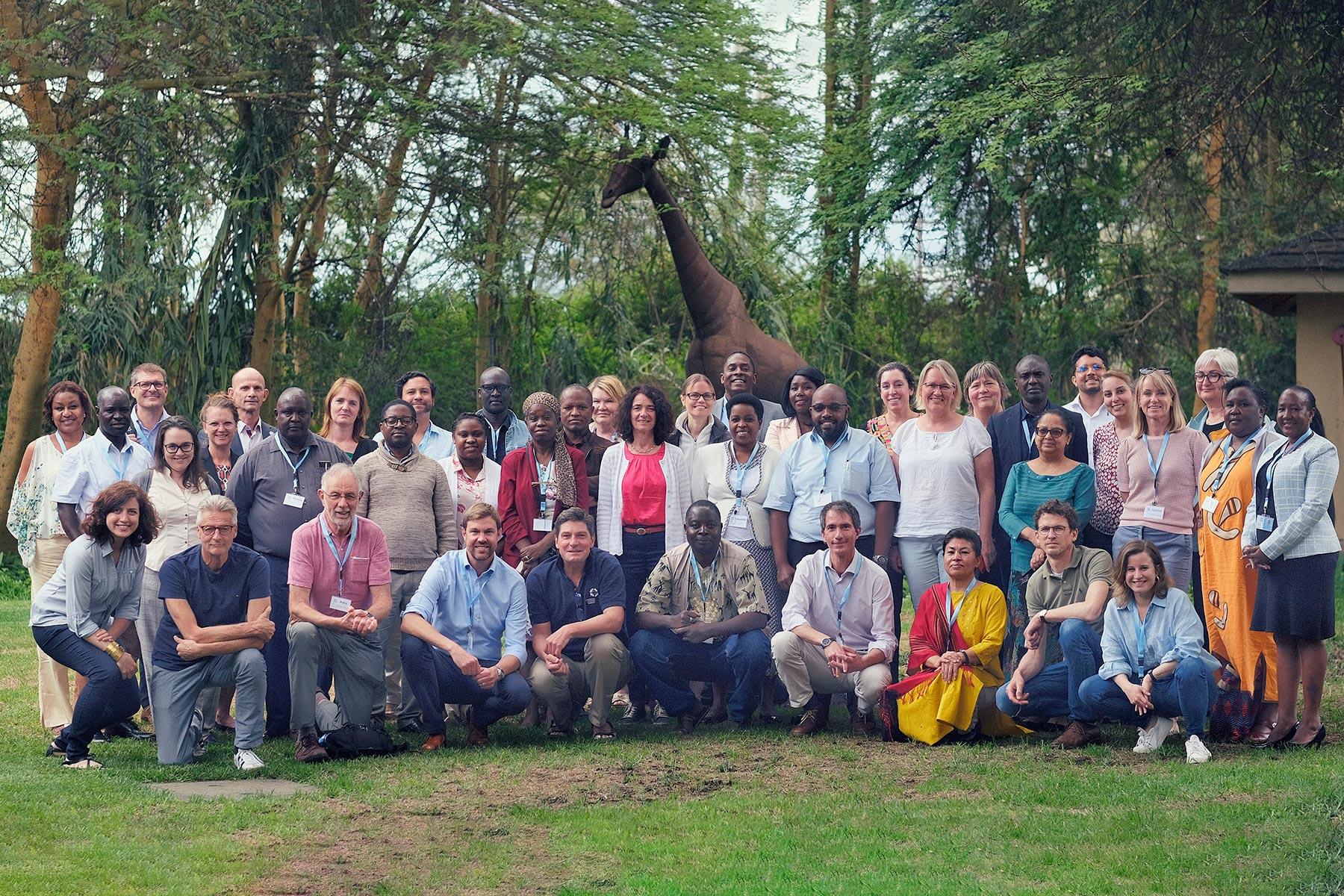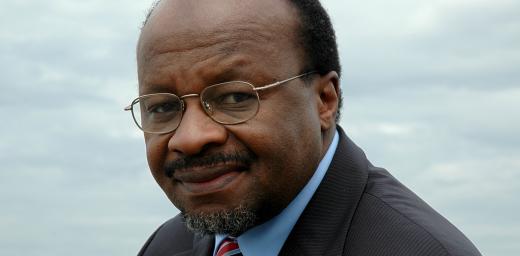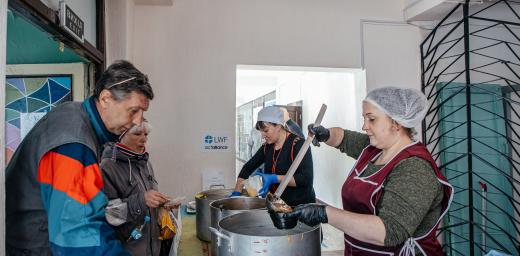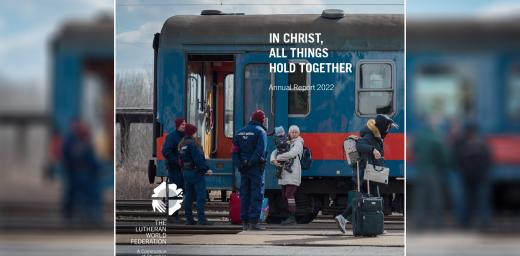Reaffirming the commitment to respond to visible and forgotten crises

LWF World Service staff meet in Naivasha, Kenya for the 2022 Global Leadership Team Meeting (GLTM) in-person for the first time in three years. Photo: LWF/M. RenauxÂ
LWF World Service holds Global Leadership Team Meeting in Kenya
(LWI) - The COVID-19 pandemic, increased severe weather events due to climate change, conflict over scarce resources and competing geopolitics have increased the need for effective humanitarian assistance and development across the globe.
At its Global Leadership Team Meeting (GLTM) in Kenya earlier this month, The Lutheran World Federation (LWF) World Service reaffirmed its commitment to respond to the needs of the most vulnerable communities including those in “forgotten crises.”
This year, the GLTM took place in in Naivasha, Kenya, with a focus on discussing critical issues related to effective humanitarian and emergency response under the theme of “One World Service.”
Paving the way to solutions for shared challenges
After three years of postponing an in-person meeting due to the COVID-19 pandemic, staff from Asia, the Middle East, Africa, Latin America and the Caribbean and Europe were able to meet to reconnect and discuss shared challenges.
Every year the GLTM brings participants together to strategically explore ways to better assist the communities LWF World Service accompanies. Participants carefully consider challenges and opportunities that can help enhance all aspects of the work.
“I’m glad that the GLTM can finally take place in person.” said Rev. Anne Burghardt, LWF General Secretary, in a message to the meeting. “It offers the possibility for you to share joys, concerns and reflect on the shared mission. Service to the needy is a key pillar for the LWF and was the impetus for the foundation of the Department for World Service 70 years ago.”
As a faith-based organization, we must continue to engage in critical dialogue and self-reflection on ethical ways to address both highly visible and “forgotten crises” with a rights-based approach.
Recent years have been a challenge for humanitarian workers with intensified emergencies and funding challenges. During the meeting, LWF World Service reiterated the commitment to serve those most in need.
“As humanitarian and development professionals, we have always known that our operational environments are challenging. We have all chosen to work with issues around poverty, marginalization, human rights, advocacy, development, conflict, peace building, service delivery in challenging environments and protection” said Maria Immonen, LWF World Service director. “We have chosen to work with those in the margins for the sake of a better life and hope for a future.”
Speaking up for both highly visible and forgotten crises
Immonen spoke about LWF World Service’s current initiative to set up a major humanitarian response to the Ukraine war, noting that the last time a Europe-based response had occurred was after the war in the Balkans.
She added that with the current war severely impacting Ukraine and raising the concern of neighboring countries, many LWF member churches in the region have directly taken action to provide shelter, food and non-food items to Ukrainian refugees either on their own or with the coordinating support of LWF.
“The response provided by neighboring countries and LWF member churches is inspiring. With international resources and attention flowing into caring for people displaced by this war, a coordinated response is important.” Immonen affirmed. “We also want to be mindful of other emergencies, not currently in the headlines, that need this same type of investment from us and our global partners. As a faith-based organization, we must continue to engage in critical dialogue and self-reflection on ethical ways to address both highly visible and “forgotten crises” with a rights-based approach.”
Martin Gottwald, United Nations High Commissioner for Refugees (UNHCR) Deputy Representative in Kenya attended the GLTM as a keynote speaker. “UNHCR stays involved with humanitarian initiatives and actors since not all organizations have a rights-based approach that ensures individual rights are upheld in all the programmatic operations. Not all organizations have this approach in the same way the LWF does. To be effective, this must be a joint effort taken on by governments and development partners.”
LWF/T. Rakoto





